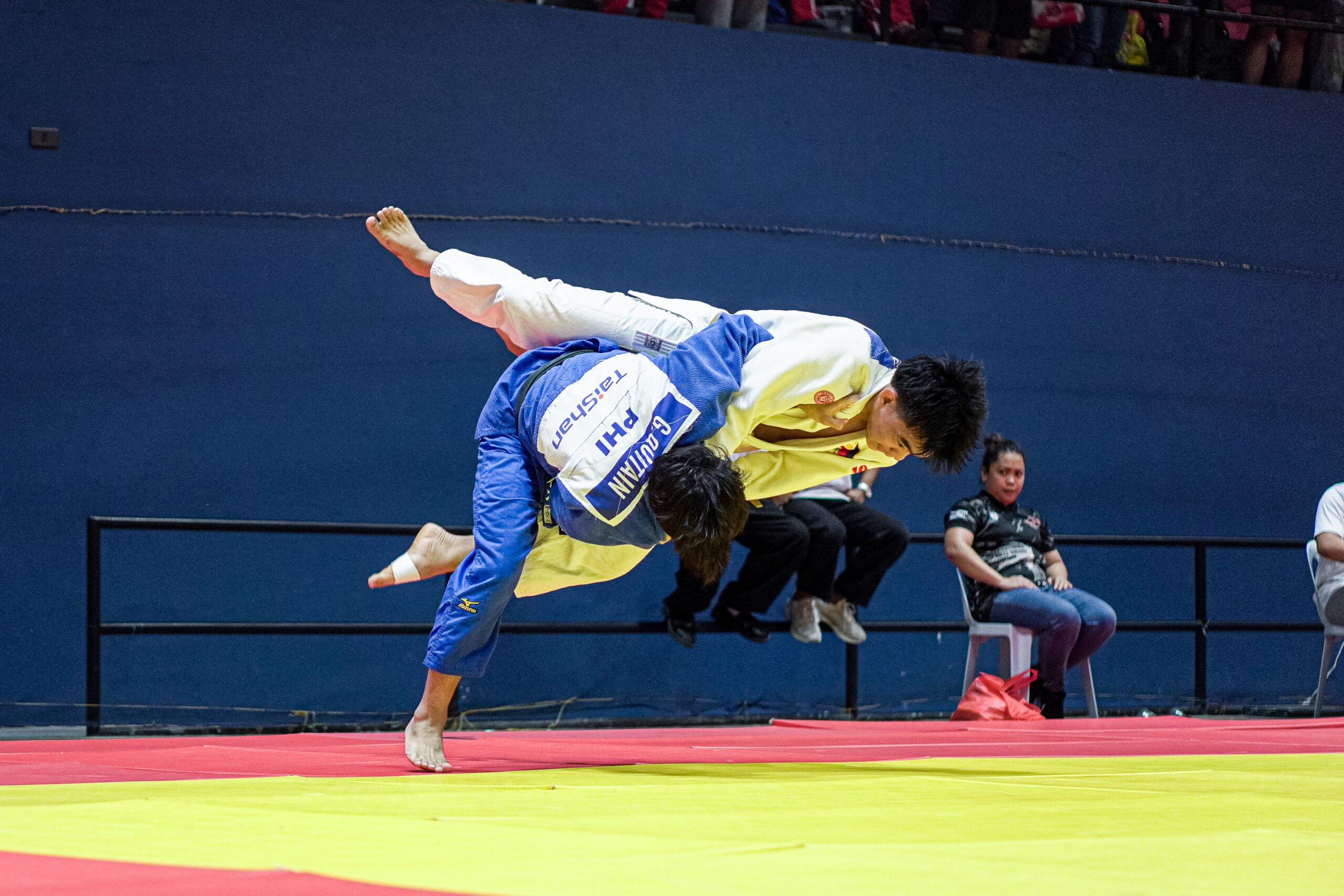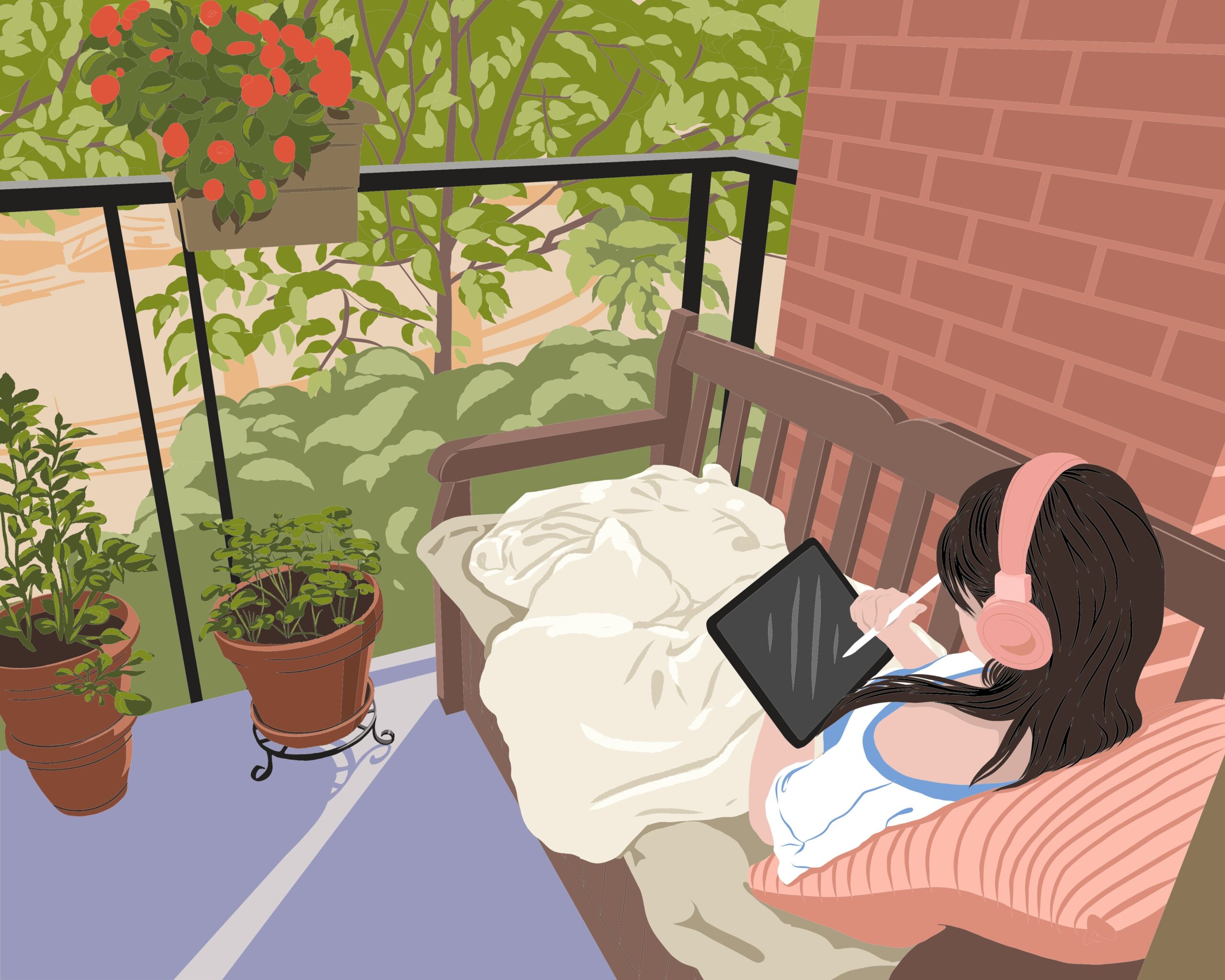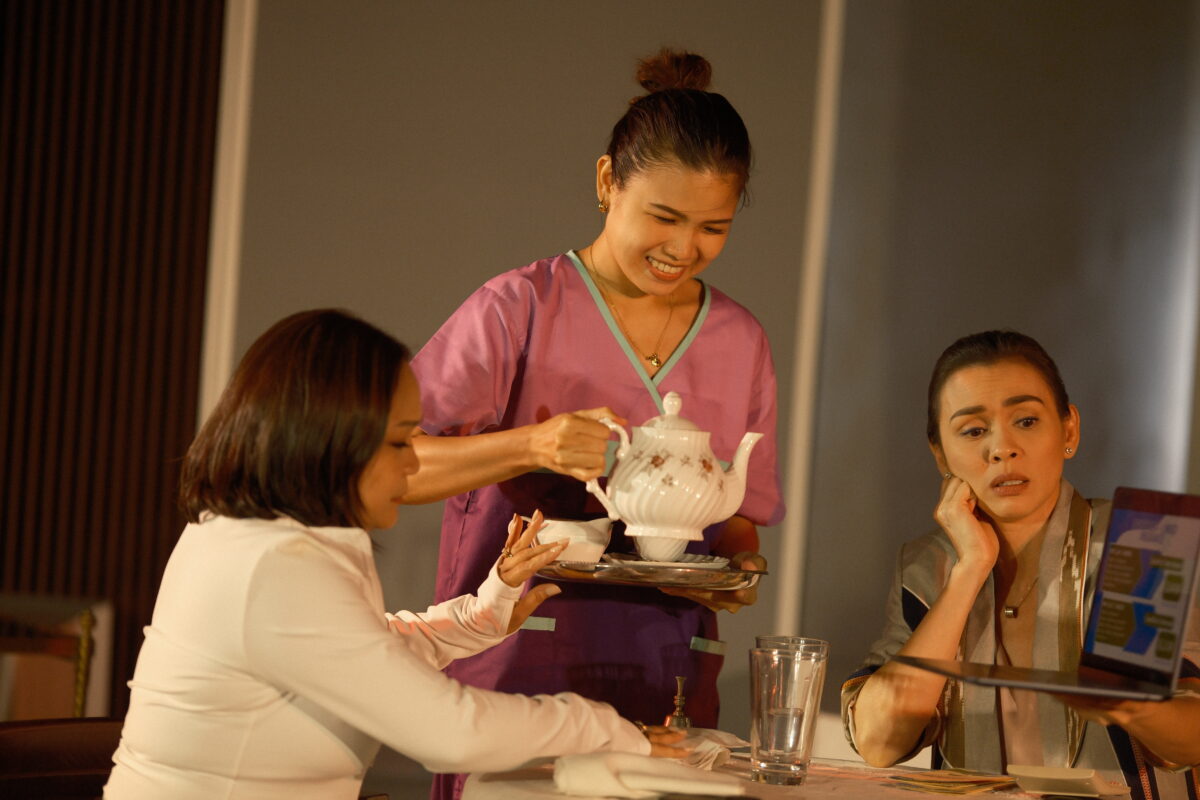There’s one good reason to be reassured of swimming in pools: chlorine
Photo by Jonny Clow/Unsplash
Amid growing concerns surrounding the novel coronavirus, which causes COVID-19, many myths—like taking a hot bath can prevent the disease or that the virus can be transferred through mosquito bites—seem to pop up on our social media feeds on a regular basis.
One question you may ask now that summer is approaching is whether it’s still safe to go swimming in the pool or at the beach. While it’s advised to steer clear of large crowds to avoid possible transmission, experts suggest that swimming is “actually one of the safer activities to partake in” according to Dr. Dana Elliott Srither, doctor and co-founder of a Ministry of Health-registered medical clinic in Singapore.
The article also notes that “coronaviruses spread by droplets, and in a swimming pool, they’re completely washed off by the sheer amount of water.”
“It’s not the pool water that might expose you to the virus, but maybe the door handles and other objects that people are having a lot of contact with,” notes the University of Central Florida.
There’s one other good reason to be reassured of swimming in pools: chlorine.
“For swimming pool chlorination, operating to ‘current recommendations/best practice’ means maintenance of a free chlorine residual of at least 1.0 mg/l (depending on pool type and disinfectant used)”
Chlorination is a proven disinfection method to kill germs and has a “long history of preventing waterborne illnesses” based on a recent advice note released by The Health Protection Surveillance Center in Ireland in light of COVID-19. It also states that “The World Health Organization has recommended a concentration of chlorine in drinking water, together with how long it needs to act (‘contact time’) so that dangerous germs are killed. There is also guidance from various organizations on levels of chlorine for swimming pools.”
However, it should be noted that swimming pools are chlorinated accordingly to “inactivate” the COVID-19 virus—a type of “enveloped” virus that is easier to kill compared with non-enveloped” viruses:
“For swimming pool chlorination, operating to ‘current recommendations/best practice’ means maintenance of a free chlorine residual of at least 1.0 mg/l (depending on pool type and disinfectant used).”
It also adds that the “minimum recommended free chlorine residual depends on the type of pool or chlorination chemical used.” Jacuzzis and other variants of spa pools for example may need higher levels of chlorination chemicals.
As long as the water has been properly treated or chlorinated, it should be the least of your concerns; Department of Health Secretary Francisco Duque III in an interview with DZMM has also confirmed this.
Other access points like the gym, changing rooms, and contaminated surfaces like door handles require more caution as the virus can sit on surfaces for some time. The Centers for Disease Control and Prevention notes: “It may be possible that a person can get COVID-19 by touching a surface or object that has the virus on it and then touching their own mouth, nose, or possibly their eyes, but this is not thought to be the main way the virus spreads.”
But then how can you tell if a swimming pool is really clean and safe to dive in? There are four signs: The water is not clear, there’s a slimy feeling, the pool filters are not working, and there’s a strong pool smell. You can view the page dedicated to whether the pool is clean here.
For more COVID-19 FAQS, please refer to the World Health Organization.













































